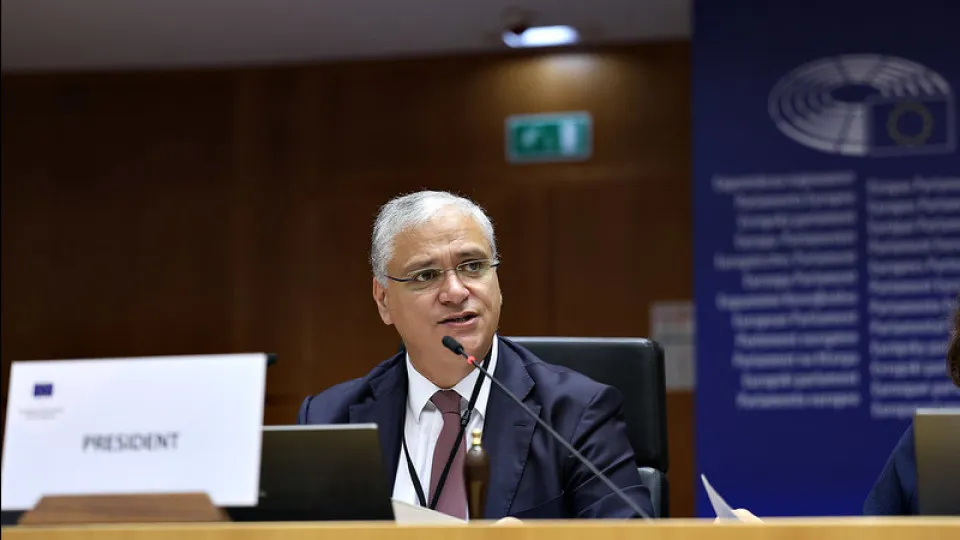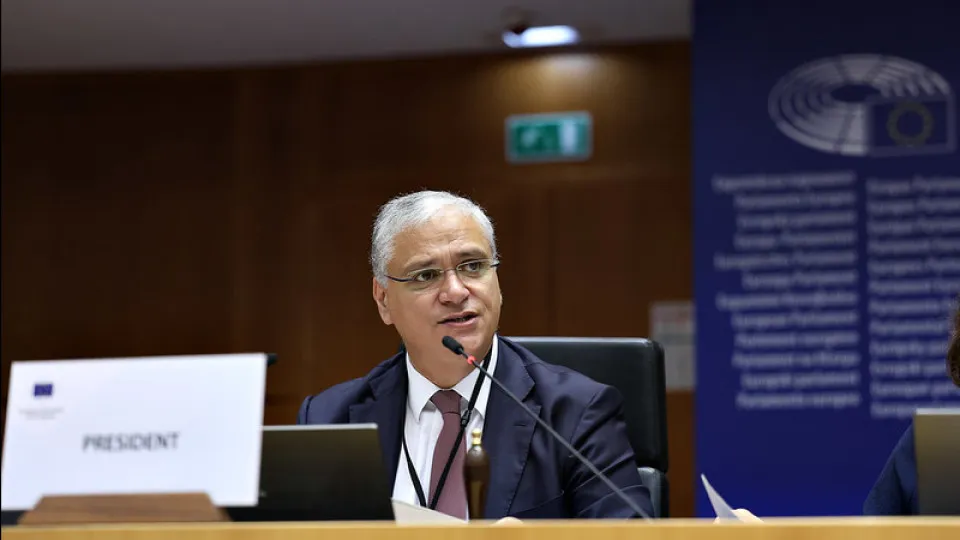
The data reinforces the notion that personalization in local politics takes precedence over party labels. The principle of ‘voting for the person’ often outweighs programmatic-ideological logic. In fact, the proposals presented by candidate lists for the municipality are among the least valued factors, according to the report.
Even among voters who identify with specific parties, “many admit they could vote for another party if they consider the candidate better.”
Local elections “have been marked by high abstention levels,” but in this survey “the vast majority (69%) of respondents state that, with certainty, they will vote” in this year’s municipal elections.
The report notes that “the emergence of citizen lists and the strengthening of independent candidates in recent years point to a subtle shift in the local political landscape, where perceived effectiveness, reputation, and community connection are gaining importance over party loyalty.”
Among the factors influencing voter decisions, “the performance of the municipal council and the personal characteristics of the candidates” are highlighted.
Regarding the attributes of candidates that weigh on voting decisions, respondents value ethical behavior the most (27.1%), followed by ideological orientation (23.7%) and leadership style (18.3%).
Professional experience (10.6%), the candidate’s gender (10.2%), and party affiliation (9.7%) ranked lower on the list.
Respondents show a “slight preference for female candidates,” though in 2021 women represented only 19% of the top lists in the municipal elections and 9.4% of elected mayors.
Although mayors appear as the primary decision-makers in respondents’ perceptions, other players, such as the government, ruling party councilors, and municipal assemblies, are also cited as influential.
Civil society organizations, opposition councilors, and the citizens themselves are considered less influential.
The majority of respondents “believe that municipal elections impact their lives,” while municipal assemblies are deemed less relevant.
Participants attribute a greater impact to elections for parish assemblies than for municipal assemblies, indicating “higher visibility and proximity of parishes, often associated with addressing everyday local issues.”
Although they maintain closer relationships with local officials, residents in non-urban areas “tend to attribute less impact to municipal elections” (69%) than urban residents (79%).
According to the survey, these findings may reflect “a certain skepticism regarding the effectiveness of municipal policies in low-density areas,” where citizens may feel that more significant decisions “continue to be made at other governance levels.”
The report stems from a survey conducted by DOMP, S.A. for the Francisco Manuel dos Santos Foundation, between February 3 and April 3, 2025.
The study universe comprises residents of mainland Portugal, aged 18 or over, Portuguese speakers, with access to landline or mobile phones or the internet.
A total of 1,070 complete and validated interviews were conducted, with a margin of error of 3% for a 95% confidence level, collected via online surveys (61%) and by phone (39%).
Quotas were applied based on gender, age, region (NUTS II), including the characterization of urbanization level of the residence parish, birthplace, and education level.




